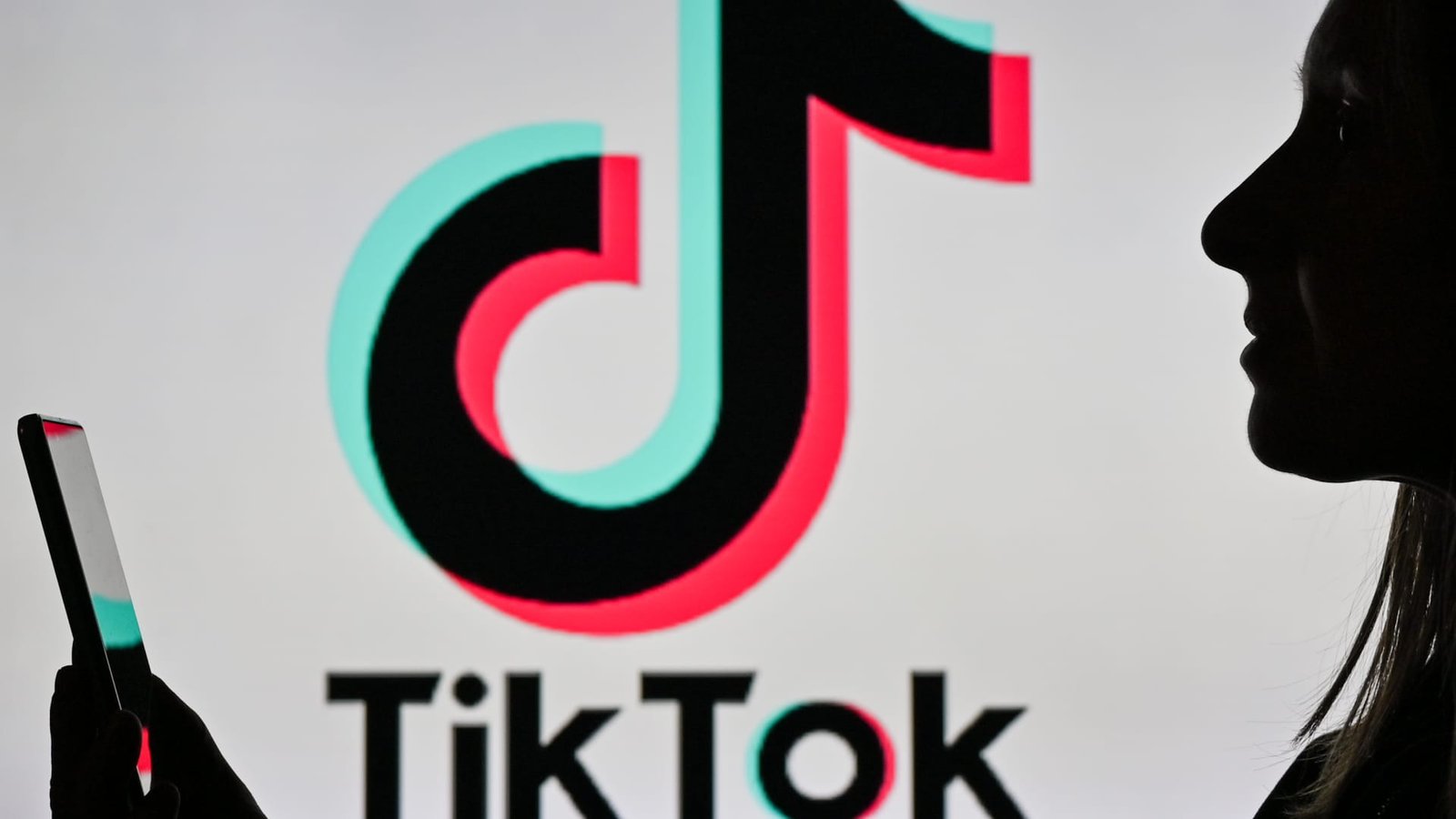In recent developments, TikTok has found itself at the center of a significant legislative crackdown. Lawmakers, driven by escalating concerns over national security and the influence of foreign entities, have intensified efforts to regulate or outright ban the popular social media platform. Spearheaded by influential figures such as Rep. Mike Gallagher and Senator Mark Warner, this legislative push underscores a growing bipartisan resolve to address what many in Congress see as an urgent digital threat.
Key Highlights:
- Bipartisan legislative efforts are underway to regulate or ban TikTok in the U.S.
- Concerns center around national security risks and the potential for foreign influence.
- Legislation introduced by Rep. Gallagher and others aims to empower the administration to act decisively.
- The Biden administration has voiced support for new regulatory powers over foreign-owned apps like TikTok.
- Lawmakers express frustration over the stalled national security review of TikTok.
Legislative Efforts and Bipartisan Support
A flurry of legislative activity has underscored the bipartisan urgency to address the challenges posed by TikTok and similar foreign-owned applications. Senator Mark Warner’s recent introduction of legislation granting the Biden administration new regulatory powers represents a critical step in this concerted effort. Additionally, Rep. Gallagher, alongside Senator Marco Rubio and Raja Krishnamoorthi, has been at the forefront of advocating for more stringent measures against TikTok through the introduction of the ANTI-SOCIAL CCP Act, aimed at banning the platform in the United States due to its ties with the Chinese Communist Party (CCP).
National Security Concerns at the Forefront
Central to the legislative discourse is the apprehension that TikTok, owned by Beijing-based ByteDance, could potentially serve as a conduit for the CCP to access vast amounts of user data from American citizens. This fear is compounded by the possibility of the platform being used to conduct surveillance or exert influence within the U.S.. Such concerns have galvanized a broad coalition of lawmakers, cutting across party lines, to act swiftly in crafting laws that could mitigate these perceived threats.
The Path Forward
As the legislative session progresses, negotiations continue in an effort to harmonize various bills targeting TikTok and similar platforms. The overarching goal is to equip the administration with the necessary tools to address the complex challenges posed by digital platforms under foreign control. This legislative momentum is a clear signal of the heightened awareness and urgency among U.S. policymakers regarding the national security implications of foreign-owned social media applications.
The ongoing legislative crusade against TikTok is more than a mere policy dispute; it’s a clarion call to safeguard national security in the digital age. Lawmakers, like Rep. Gallagher and Senator Warner, are not only responding to immediate threats but also setting a precedent for how the U.S. navigates the murky waters of technology and foreign influence. As this drama unfolds, it’s evident that the outcome will have far-reaching implications for the intersection of technology, governance, and personal privacy. With the Biden administration backing more robust regulatory powers, the message to TikTok and similar platforms is clear: the time for unchecked operation is over. The concerted effort to bring these platforms under closer scrutiny reflects a broader commitment to protecting American interests in the face of evolving digital threats.



















